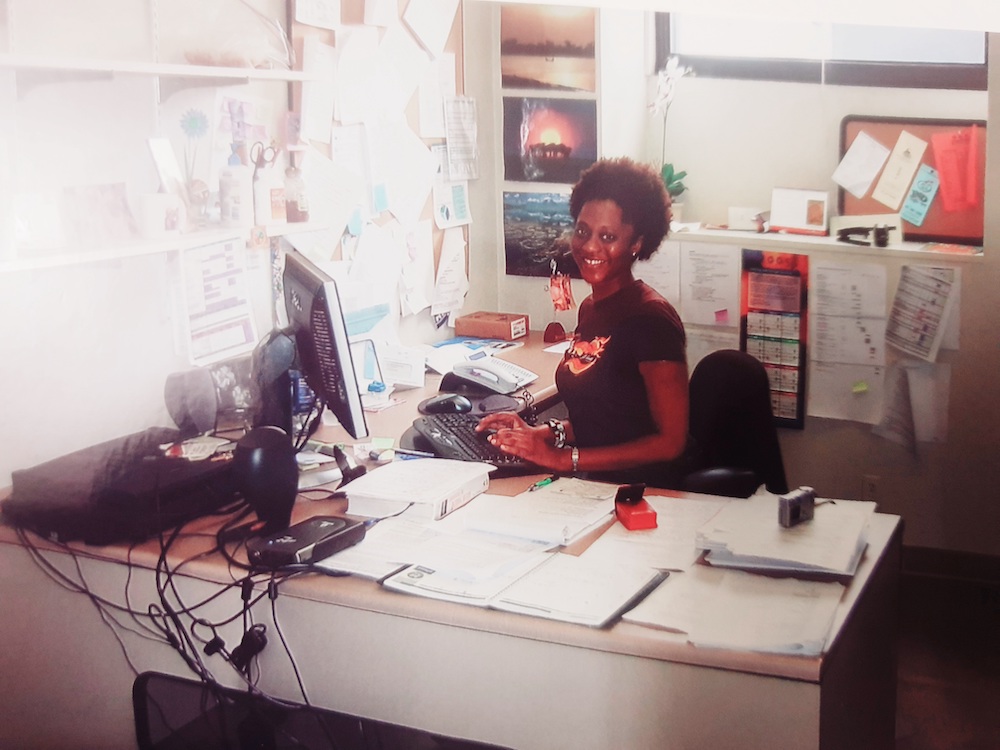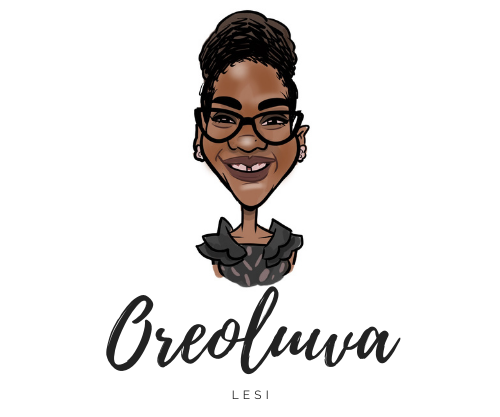
Some things take 20 years to work themselves out. Last month – July 19, to be precise – I realised that it was 20 years ago that I started working in my first job.
On July 19, 2001, I started work at an educational nonprofit organisation in the United States. It was my first ‘proper’ job. My first non-family related work opportunity. And the first for which I would get to experience all that came with being a regular salaried employee. Orientation with HR, meeting my colleagues (I’d already met my supervisors when I came in for the interview), getting my first payslip and seeing (to my dismay) how much went to taxes.
My Career of Destiny
I consider my career journey to have been one of destiny. I had so many ideas of the type of work I might want to do while growing-up. This idea changed often, however some strands were constant. I liked writing and wanted that to feature prominently in whatever I did. I loved to travel and wanted to do a lot of that too. I enjoyed meeting people and wanted to have the opportunity to do so. I was an avid reader and enjoyed looking for information related to my interests in the encyclopedia and then online. I loved to organise things and people (my room growing-up was evidence of this with all my books, toys and bed neatly arranged).
I have spoken extensively about how unexpected university entrance exams led me via a winding road to technology and I don’t want to repeat that again. But, by the time I had graduated from university, I had learnt to follow my interests to see where they would take me. A luxury of youth, you might say, but a very important lesson for me nonetheless and one that had led me on numerous surprising and exciting adventures.
By 2001, I had completed the graduate certificate programme I was doing and started job-hunting. I applied – most half-heartedly – for the expected positions for someone with my qualifications i.e. management consultancy jobs and positions for technology associates in banks.
I did not think that I wanted to be a management consultant or work in a bank. I loved problem-solving and being creative, but there was something about the recruitment brochures brought to school job fairs and the perfectly friendly associates I met at the fairs, all dressed in near identical suits, and who all possessed a certain type of laser-like focus and seriousness when talking about their work. I started to suspect that this line of work might not be for me.
Going on interviews, where over a hundred students would be vying for one of 5 slots and where you had to stand out some how was both intimidating and exhausting for me.
On one interview with a very top bank, we were given extremely complex maths problems to solve. As I worked my way through them, I wondered what all these questions possibly had to do with the job. Although fairly confident and competent in maths, I was not selected to proceed.
On another interview, we were placed in groups to complete a task. My style of working is thoughtfully, quickly and quietly.
One particular girl in our group was extremely talkative, keeping-up a running commentary from the time we arrived and all through the tasks.
She was the only one selected to proceed to the next stage.
From that experience, I learned that, to catch the recruiters’ eyes, you needed to talk a lot and separate yourself from the pack. I concluded that a job in management consultancy could not be for me.
I did not relish the thought of working in a traditional workplace, where I would have to wear a suit to work. I did not want to work in an environment where everyday is a battle to stand out among dozens of equally or more brilliant colleagues who all desired to become a partner.
Figuring Things Out
I still did not have a clear sense of what I wanted to do, but I knew that I did not want to be bound by cast-iron working hours, a stuffy workplace, clothes that I found uncomfortable, hairstyles that were ‘not me’, working on things that I cared very little about. And I certainly did not desire to become a partner.
My mother bought me a book called “What Color is Your Parachute?” by Richard Nelson Bolles. My mother loves reading and is also a big believer in taking charge of your life. So for as long as I can remember, she had been buying self-help books for my siblings and I. Many of these, I merely skimmed through.
Since “What Colour if Your Parachute” was to help job-seekers find out their true calling in life and understand what type of work they should seek, I devoured it quickly, even completing all the exercises and worksheets, which I typically find to be the most tiresome part of self-help books and so ignore.
By the end of it, the results confirmed to me what I intuitively knew: that I cared about making a difference in the world and was drawn to professions that involved teaching, guiding and counselling. So, ideal places for me to work included schools, universities and mission-driven organisations like nonprofits.
After that, I stopped applying to all the management consultancies and banks and started scouring the internet for nonprofit organisations. The book also showed me how to be more strategic in my applications. I learned about the power of informational interviews and started reaching out to people – not to ask for a job – but to ask for advice.
This worked LIKE A MIRACLE. The results surpassed what I had gotten from all the recruitment sites I’d created profiles on and the 100 applications I was sending out each week.
Within a month, I had a job offer for my dream role. In fact, the position was created for me after meeting the center director. They crafted the job description around MY skills and experiences.
So What Did I Learn?
So I learnt some very important lessons from this:
- You don’t need to be talkative or overtly extroverted to get a good job
- You don’t need to take the traditional route of online job sites and sending out numerous applications each week
- You don’t need to aspire to do the same thing that you think everyone is doing i.e. remember when Oil & Gas jobs were a thing and everyone you met wanted work “in Oil & Gas”?
Instead:
- You should understand yourself incredibly well: your interests and proclivities as well as your dislikes
- You should build your networks (can’t get away from that networking), but there are different ways to build your network
- You should ask people for advice and not for a job
20 years is an incredibly long time and so in my next post, I will share some other things I have learned along the way.

This is a very interesting read as I to am on a path of really discovering what I really want to do and currently, though all pointers are on teaching tech topics and providing solutions, I still feel there’s more to what I need to know for clarity.
I really am looking for to the next article.
Thank you so much for this comment, Moses. Yes, it’s not always easy figuring out what we want to do and remember that it is very likely that you will do many things in your life, maybe simultaneously or maybe one after the other.
It’s important that you are already in tune with your interests and skills. I would urge you to keep developing them, taking advantage of opportunities that come your way. Also don’t shy away from trying something completely new or embracing interests of yours that aren’t related to technology.
Very interesting piece sis. I enjoyed reading this and found it inspiring too.
Thank you, Queen. I’m glad that you enjoyed reading it.
Thank you for always pouring out yourself to be a blessing. I read this and I had a deeper understanding on how to help my children more to find their place. This just help me and am asking my wife to read through already.
I’m thankful that this write-up was a blessing to you.